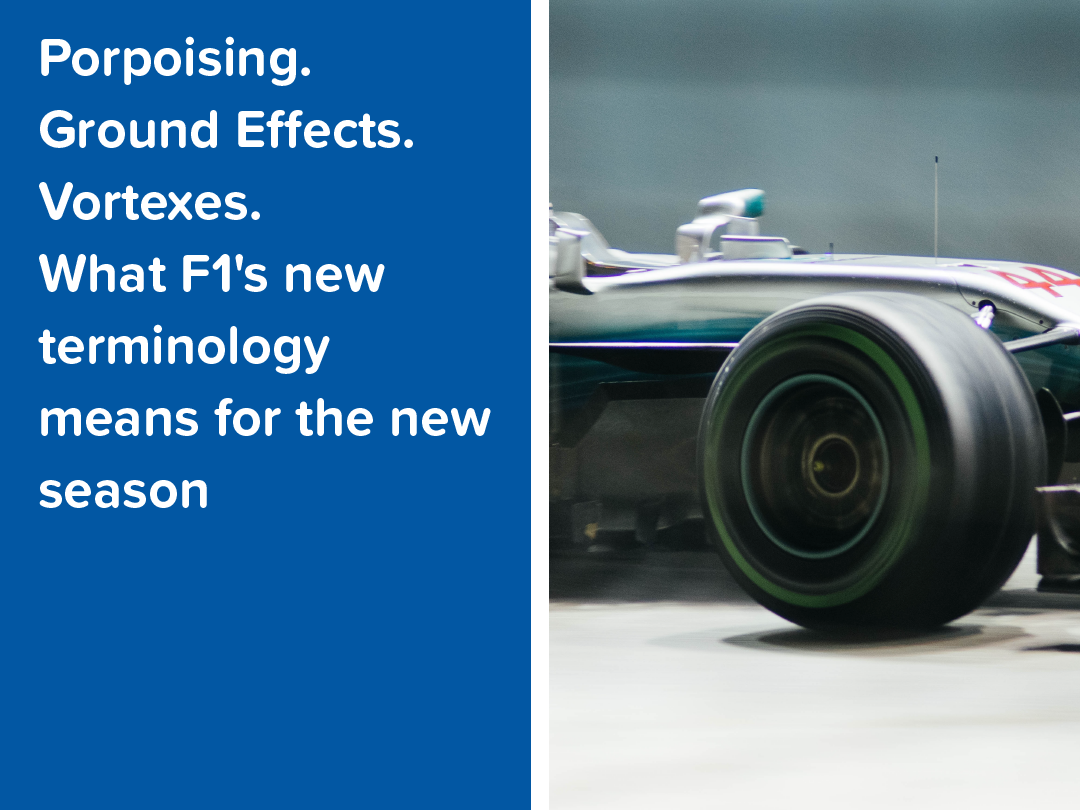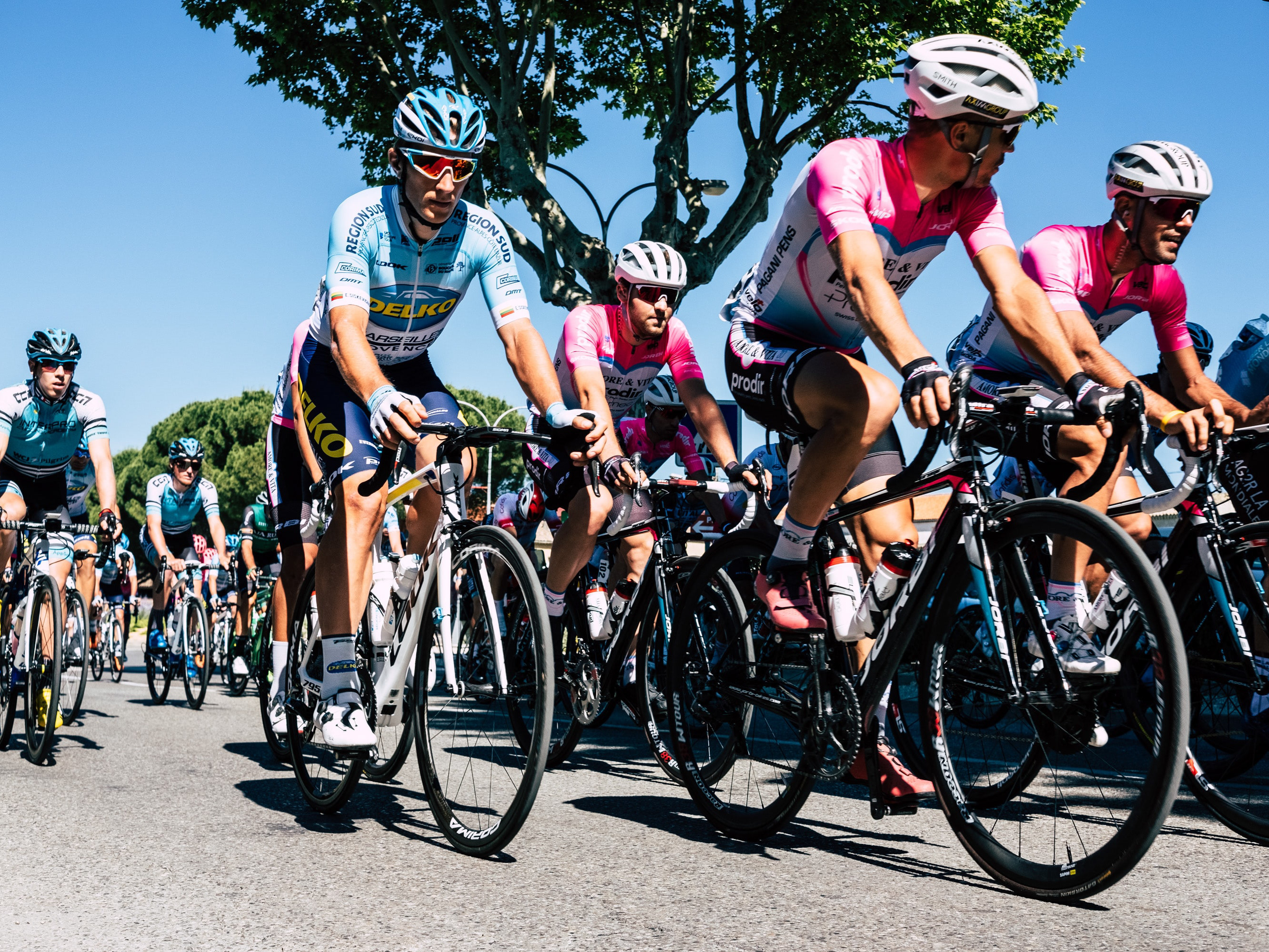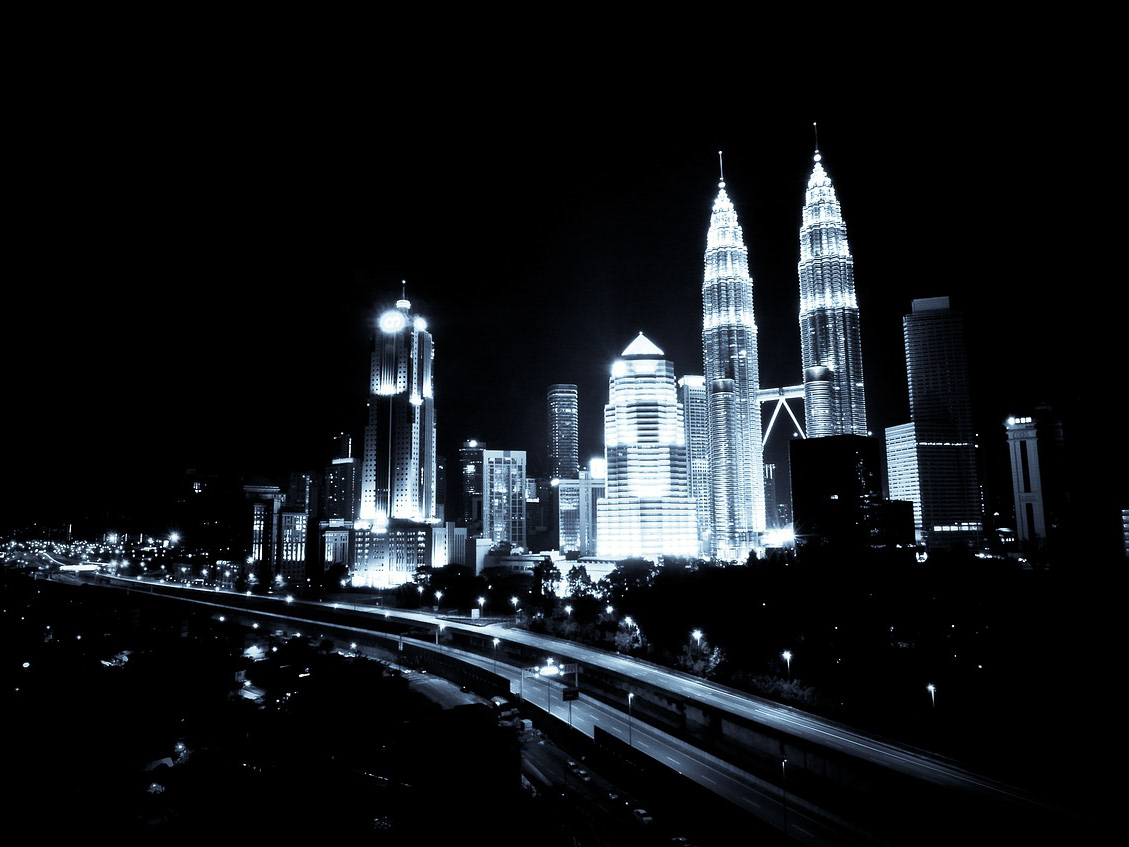Jacques Audiard’s Dheepan is a film of juxtaposition and continuation where opposites rub together with heightening friction. Tracing the journey of three Sri Lankans as they flee from civil war, dream-like sequences bleed into a gritty realism that makes the emotional tensions of the subject matter tangible.
The film starts rapidly, allowing the viewer no time to settle as the camera is barged and bustled. We sweep through a Sri Lankan refugee camp and across the choppy waters to Paris, alongside the titular Dheepan (Jesuthasan Antonythasan), a Tamil Tiger freedom fighter. ‘Family members’ Yalini, and Illayaal, are strangers plucked from the crowd and the only constant is the need to run. The film captures the distress of cultural dislocation all before the title drops.
Dheepan is not a film about racial prejudices, more effectively it is concerned with the jutting and jarring experience of integration into a foreign nation. Partway through the film Yalini (Kalieaswari Srinivasan) is urged to wear a head scarf in order to fit in with what people expect; ‘it is not my religion’, she argues, but wears the scarf with awkward reluctance for the remainder of the narrative.
The ever present theme of something out of place is what makes this film so powerful. The Parisian tower blocks that house thugs, narcotics and now Dheepan, are the contrasting setting to the Tamils that now live there. The powerful repetition of one image affirms just how far from their exotic, but dangerous, roots this new family have come.
Poignant moments of symbolism pierce the concrete of France. Fragmented shards of light emerge, bodiless from the darkness, and are revealed to be Dheepan (which translates from Tamil as ‘lighting up’), illegally selling tat to tourists outside cafes, and showing that reality and dream are never far removed.
As the film moves into its final act, Dheepan’s continued struggles with his past emerge in his present. The film remains effective and hard hitting but an unexpected cycling up through the gears comes as a shock and takes something away from the humanity of the characters that earlier moments did so well to embed.
Dheepan is at its best when the camera is in the face of its characters and pulling at the threads of what has brought, and kept, them together. The catalyst is ‘daughter’ Illayaal, played excellently by Claudine Vinasithamby. She, with a basic grasp of French, simultaneously bonds the family to each other and to a life in France. Unfortunately as Dheepan’s ‘Tamil Tiger’ mentality overwhelms him she fades away from him and the story.
One can’t help but feel that the final moments could have been framed by this new family rather than removed from them. It is clear that the focus of the director was on Dheepan’s mind and background but I had begun to care about so much more than simply him. Throughout, the film is staggeringly good cinema and storytelling, and is only marred by the disconnect leading into a dream-like action sequence that, if handled differently, could have made Dheepan even more immensely effective.








